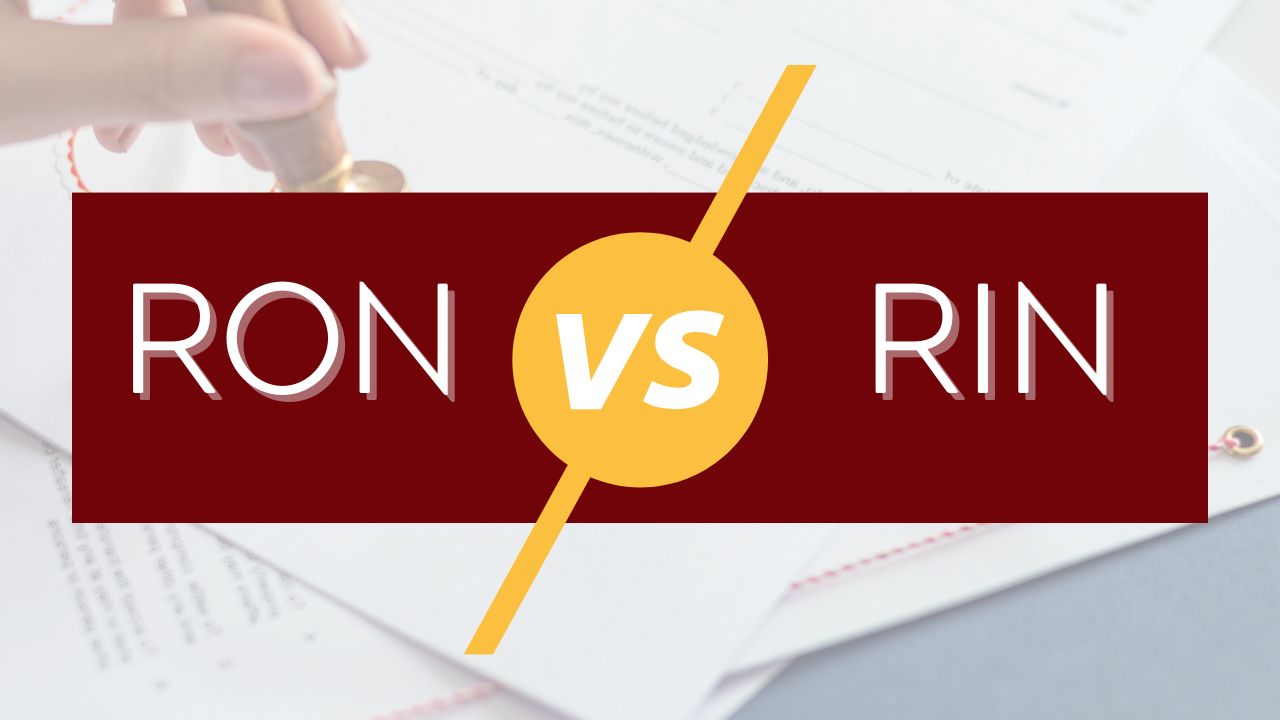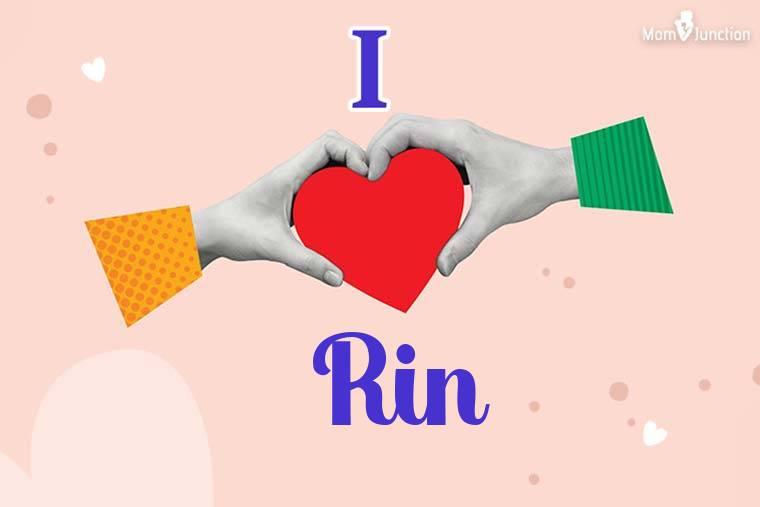Is rin a phrase? This exploration dives into the fascinating world of language, inspecting whether or not “rin” holds a spot within the English lexicon. We’ll dissect the very definition of a phrase, exploring its parts and classifications. From etymology to potential contexts, we’ll unravel the mysteries surrounding this seemingly easy query.
The journey begins by defining what constitutes a phrase within the English language. We’ll have a look at completely different phrase lessons, their buildings, and the way morphology impacts their utilization. Subsequently, we’ll examine whether or not “rin” suits these standards. Is it a acknowledged phrase in customary dictionaries, or does it exist solely in particular contexts?
Defining “Phrase”

A phrase, within the English language, is a elementary unit of which means. It is a discrete component in a sentence, carrying semantic weight and contributing to the general understanding of the communication. Understanding the nuances of phrases is essential for efficient communication and comprehension, each in spoken and written language. This includes greedy not solely their particular person meanings but in addition how they relate to different phrases inside a sentence and bigger discourse.Phrases are the constructing blocks of language, and their correct understanding is crucial for clear and efficient communication.
The construction of phrases, their classifications, and the foundations governing their utilization all contribute to the richness and complexity of the English language. Totally different phrase lessons, corresponding to nouns, verbs, adjectives, and adverbs, play distinct roles in sentence development.
Phrase Lessons
Understanding the completely different classes of phrases, or components of speech, is significant to comprehending sentence construction and the nuances of which means. These classifications present a framework for analyzing the position of every phrase in a sentence.
- Nouns are phrases that identify individuals, locations, issues, or concepts. Examples embody “canine,” “metropolis,” “happiness,” and “justice.” Nouns perform as topics, objects, and enhances in a sentence, usually indicating the who or what of an motion or state of being.
- Verbs are phrases that describe actions, occurrences, or states of being. Examples embody “run,” “assume,” “is,” and “grow to be.” Verbs sometimes point out what the topic of the sentence does or what occurs to it.
- Adjectives are phrases that modify nouns or pronouns, describing their qualities or traits. Examples embody “massive,” “comfortable,” “pink,” and “wood.” Adjectives present extra element in regards to the nouns they modify.
- Adverbs are phrases that modify verbs, adjectives, or different adverbs, usually indicating method, time, place, or diploma. Examples embody “rapidly,” “loudly,” “yesterday,” and “very.” Adverbs present additional context and nuance to different phrases in a sentence.
- Pronouns are phrases that change nouns or noun phrases to keep away from repetition. Examples embody “he,” “she,” “it,” “they,” “we,” “you,” “I,” and “this.” Pronouns take the place of nouns, shortening sentences and avoiding redundancy.
- Prepositions are phrases that present the connection between a noun or pronoun and one other phrase within the sentence. Examples embody “on,” “in,” “at,” “to,” and “from.” Prepositions set up connections between completely different components of a sentence.
- Conjunctions are phrases that join phrases, phrases, or clauses. Examples embody “and,” “however,” “or,” “as a result of,” and “though.” Conjunctions set up logical relationships between completely different components of a sentence.
- Interjections are phrases or phrases expressing sturdy emotion. Examples embody “Wow,” “Ouch,” “Hurrah,” and “Alas.” Interjections usually interrupt the move of a sentence to convey sturdy emotions.
Phrase Formation
Phrase formation guidelines in English are intricate and infrequently contain the addition of prefixes, suffixes, or combining present phrases. There are constant patterns, but in addition exceptions.
- Prefixes are added to the start of a phrase to vary its which means or perform. Examples embody “sad,” “rethink,” and “prehistoric.”
- Suffixes are added to the tip of a phrase to vary its which means or perform. Examples embody “kindness,” “fortunately,” and “cautious.”
- Compounding includes combining two or extra phrases to create a brand new phrase. Examples embody “bed room,” “pocket book,” and “playground.”
Phrase Construction and Morphology, Is rin a phrase
Phrase construction and morphology play a important position in how phrases are used and understood. The interior construction of a phrase usually reveals its which means and performance. The way in which morphemes (smallest models of which means) mix to kind phrases impacts their which means and grammatical position.
| Phrase Class | Instance | Definition | Utilization Instance |
|---|---|---|---|
| Noun | Canine | A domesticated mammal | The canine barked on the mailman. |
| Verb | Run | To maneuver rapidly on foot | The youngsters ran to the park. |
| Adjective | Comfortable | Feeling or expressing pleasure | She was a cheerful little one. |
| Adverb | Rapidly | In a quick method | He ate the meals rapidly. |
Contextual Evaluation of “Rin”: Is Rin A Phrase
Understanding the potential meanings of “rin” hinges on its context. This evaluation delves into the assorted methods “rin” may perform as a phrase, exploring its doable kinds and nuanced meanings primarily based on surrounding language. Cautious examination of contextual clues is essential to unlocking the meant which means.The paradox of “rin” necessitates a deep dive into its potential usages. By inspecting various sentences and phrases, we will piece collectively the completely different roles “rin” might play.
Its which means can shift dramatically relying on the encircling phrases, akin to how a single phrase can tackle a number of interpretations in numerous contexts.
Attainable Meanings of “Rin”
This part explores a spread of doable meanings for “rin” primarily based on its utilization in varied contexts. Figuring out the meant which means requires an intensive understanding of the linguistic surroundings surrounding the phrase.
- As a correct noun, “Rin” might confer with an individual’s identify, a spot identify, or a model identify. This utilization depends closely on the encircling context to determine the precise entity referred to. For instance, in a Japanese context, “Rin” is perhaps a standard identify.
- As a noun, “rin” might signify an summary idea or a tangible object. Think about a sentence like “The rin of the forest whispered secrets and techniques.” Right here, “rin” could possibly be a metaphor for the sounds of nature. Or, in a unique context, “rin” is perhaps a sort of musical instrument.
- As a verb, “rin” might denote an motion or course of. For instance, “The artist rin the canvas with vibrant colours” implies the act of making use of paint. Or, “Rin the info” might imply to wash or refine the info.
- As an adjective, “rin” may describe a top quality or attribute. For instance, “Her rin smile lit up the room” implies a radiant smile.
Examples of “Rin” in Sentences
This part presents varied examples of sentences the place “rin” might probably seem and performance as a phrase. Every instance demonstrates a unique contextual which means.
- The younger Rin practiced her calligraphy each day. (Correct Noun)
- The melody’s rin echoed by the valley. (Noun, presumably describing a sound or high quality)
- He rin the material to take away the wrinkles. (Verb)
- Her rin eyes held a deep knowledge. (Adjective)
Types of “Rin”
The next desk illustrates how the type of “rin” may fluctuate primarily based on its perform in a sentence.
| Context | Instance Sentence | Inferred Which means | Type |
|---|---|---|---|
| Correct Noun | Rin Tanaka is a famend architect. | Particular person’s identify | Noun |
| Noun (Summary) | The rin of the wind carried her worries away. | Essence/high quality of wind | Noun |
| Verb | Rin the info to take away irrelevant info. | To filter/clear | Verb |
| Adjective | The rin gentle illuminated the room. | A high quality of sunshine | Adjective |
Variation in Which means Primarily based on Surrounding Phrases
The which means of “rin” is very inclined to the encircling phrases and phrases. Think about these examples:
“The rin of the forest”
This phrase suggests a top quality or sound related to the forest.
“Rin the doc”
This suggests an motion of processing or modifying the doc.The important thing to understanding “rin” lies in its contextual surroundings.
Finish of Dialogue

In conclusion, our investigation into “rin” reveals its ambiguous standing inside the English language. Whereas not a normal dictionary entry, its potential use in particular contexts stays intriguing. The contextual evaluation unveils various prospects, highlighting the dynamic nature of language and the ability of context in shaping which means. In the end, whether or not or not “rin” is a phrase relies on its meant use and the context inside which it is employed.
Useful Solutions
Is “rin” a verb?
No, “rin” is not a normal verb within the English language, although its use as a verb in a selected context is not completely inconceivable.
May “rin” be a slang time period?
Presumably. Its potential as a slang time period relies upon closely on the group and context. Casual utilization might result in its adoption inside a specific group.
What about technical phrases?
It is doable “rin” could possibly be a technical time period inside a specialised area. Nonetheless, with out extra context, it is troublesome to determine.
How would “rin” be utilized in a sentence?
The effectiveness of “rin” in a sentence hinges on its contextual which means. Additional evaluation is required to know how it might perform grammatically.
